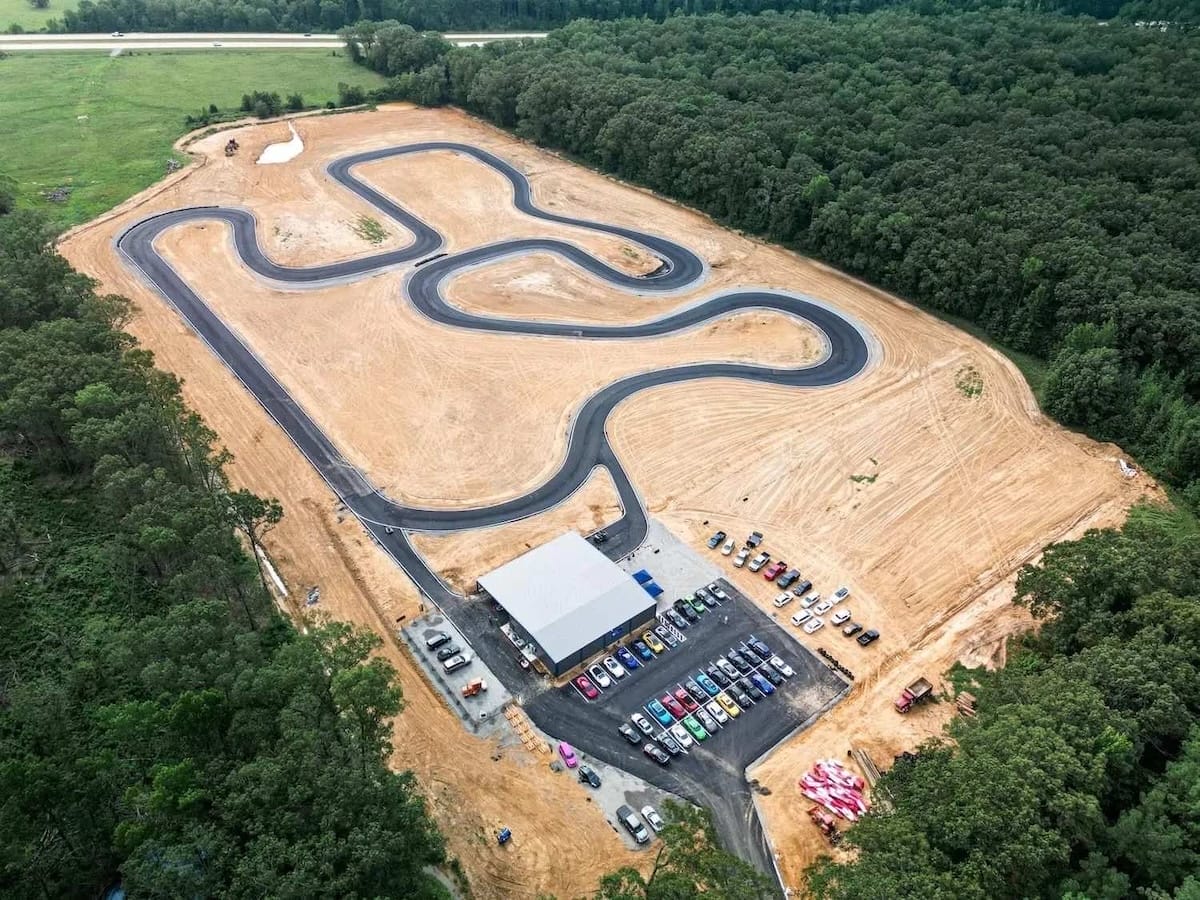

Uh oh...
It appears that you're using a severely outdated version of Safari on Windows. Many features won't work correctly, and functionality can't be guaranteed. Please try viewing this website in Edge, Mozilla, Chrome, or another modern browser. Sorry for any inconvenience this may have caused!
Read More about this safari issue.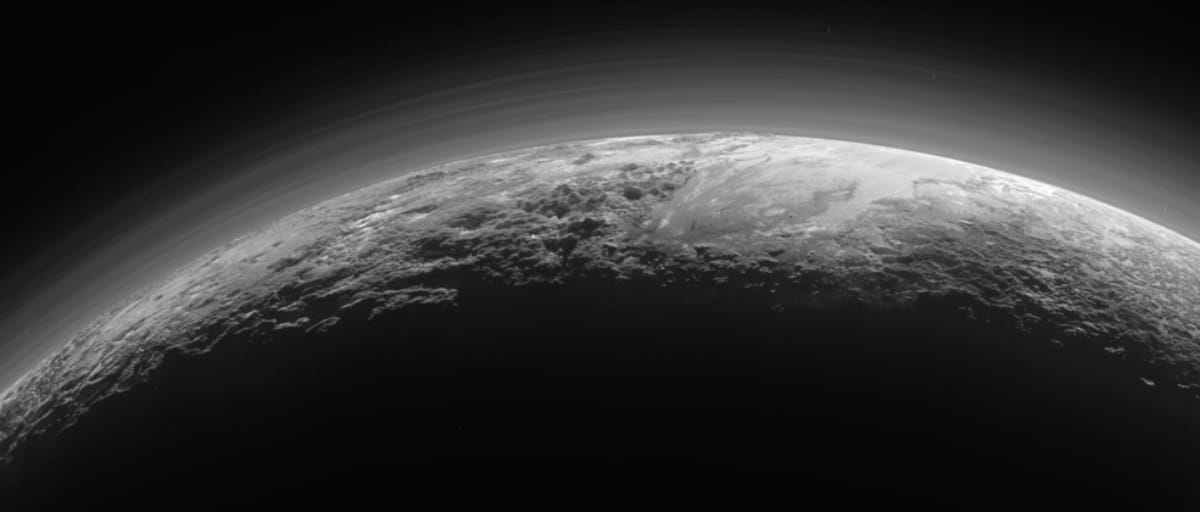

Summer nights are some of the best times for stargazing, but the Pluto Manager wants Arkansans to engage in space science any time of the year.
Caitlin Ahrens is a doctoral student in the Arkansas Center for Space and Planetary Sciences. Her love for space began early in life. Her father signed the West Virginia girl up for a local astronomy club. Caitlin says this was the best decision ever. The Central Appalachian Astronomy Club became like family to her and she had the chance to meet astronauts and other astronomers from around the nation.
Caitlin attended West Virginia University, where she earned dual degrees in astrophysics and geology. She also interned at the USGS Astrogeology Facility in Flagstaff, AZ. The Astrogeology center works with NASA to create geologic maps, choose landing sites and other important features of space missions. Caitlin got to work on the investigation of Martian dune fields during her internship.
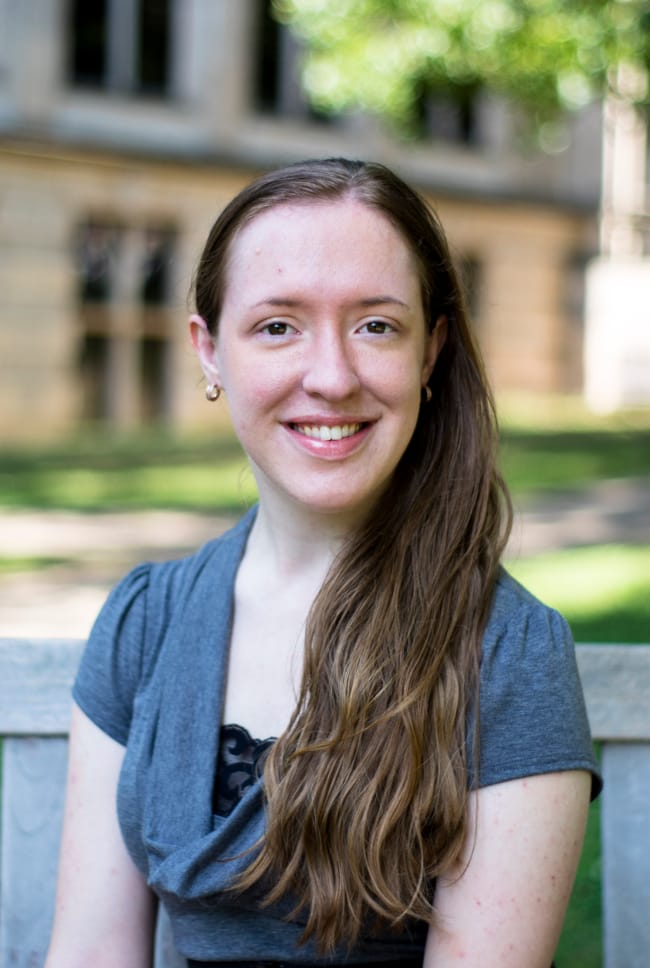
Caitlin met her adviser at the University of Arkansas at a Mars conference. She was presenting her Mars research and her future adviser chatted with her about Pluto and the data that would soon come from the New Horizons mission. New Horizons is a NASA spacecraft designed to fly to Pluto to study the dwarf planet and the surrounding area of space. The spacecraft launched on January 19, 2006. Caitlin’s adviser offered her the opportunity to work on this new set of data.
Nine years after New Horizons launched, as the spacecraft approached Pluto for the first time, Caitlin arrived on campus at the University of Arkansas. Part of her work included building a laboratory to simulate conditions on Pluto. Caitlin worked with an engineer to design and build the lab. Getting access to the data was a little difficult, but building the lab eventually allowed her access. It took Caitlin nine months to complete the lab and another four to nail down the technical aspects and get the computer data to work, but her hard work and tenacity have paid off.

So what exactly does the Pluto Manager do? Caitlin says, “The best way to describe how it works is that I am like a bartender- I mix gases, freeze them at -400 degrees Fahrenheit, then see how those ices mix and form at those low temperatures.”
When Caitlin graduates with her Ph.D. in Space and Planetary Sciences, she hopes to secure a postdoctoral position that could lead to more planetary geology research on a government level and even be involved with a mission.
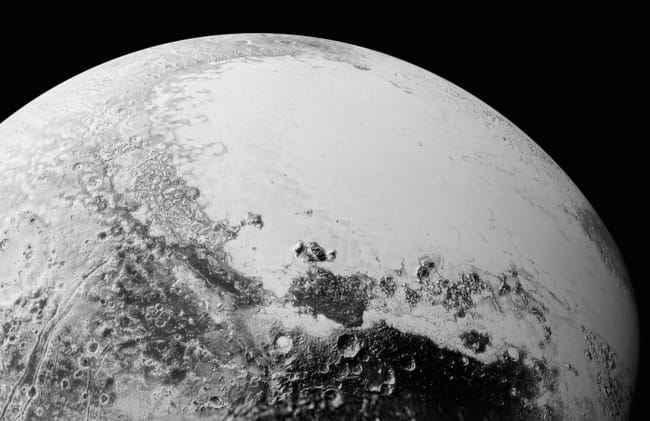
As if being a doctoral student in space and planetary sciences weren’t enough, Caitlin is also an advocate for space science. One of the ways she garners interest in space is through her radio segments on Northwest Arkansas’s NPR station, KUAF. Caitlin’s segment is called Scratching the Surface. In her two-minute segments, she features “fun facts about cool, and sometimes weird, stuff about our Solar System.” Caitlin has shared facts about Neptune’s weather, the sound of storms on Jupiter, asked, “What if Earth had two moons?” and “What’s inside the sun?” and addressed the need for more space missions. You can catch Caitlin on Scratching the Surface every Friday afternoon at 2:04 on 91.3 in Northwest Arkansas.
Despite her busy schedule and her Pluto Manager duties, Caitlin loves to visit schools and other groups to talk about space. She’s visited many classrooms in Northwest Arkansas, where the favorite topic for discussion is Mars. She’s also used her radio experience as an educational tool to schools, speaking on science and communication both locally and through Skype visits to schools around the nation. Caitlin’s outreach in this area earned her an award as one of the Ten Outstanding Young Americans in 2018.

This fall Caitlin hopes to present a three-part lecture series on space at the Fayetteville Public Library. Groups interested in having Caitlin speak can find her under the students’ section on the Center for Space and Planetary Sciences webpage or on the NASA Solar Systems Ambassador website.
Not all of us can be planetary scientists but everyone can learn more about the universe around us, and this is Caitlin’s advice and the reason she reaches out to the local community in Northwest Arkansas.
“Honestly, just keep being curious! You don’t need permission or a degree to go online and discover space. There is a lot of cool stuff happening in space- whether you listen to NASA livestream, get involved with a citizen science project, join a local astronomy club, or simply take a pair of binoculars and look at a dark starry sky. Learning about space is for everyone!”

Photo credits: NASA/JHUAPL/SwRI and Caitlin Ahrens.
We do the work.
You check your email.
Sign up for our weekly e-news.
Get stories sent straight to your inbox!


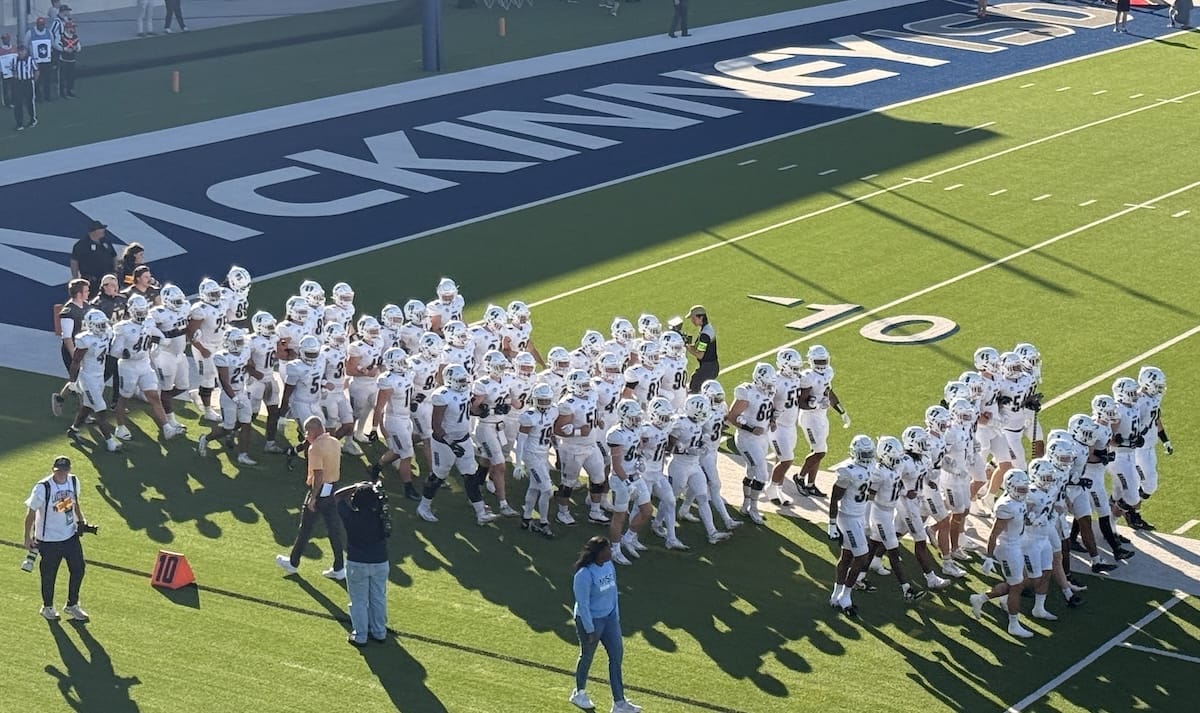






Like this story? Read more from Kimberly Mitchell
The American Black Walnut is a unique nut for many reasons, and Arkansas...
The Razorbacks are famous across Arkansas and beyond. Many sports fans...
Women’s volleyball has become a central sport in Arkansas, deeply...
Join the Conversation
Leave a Comment